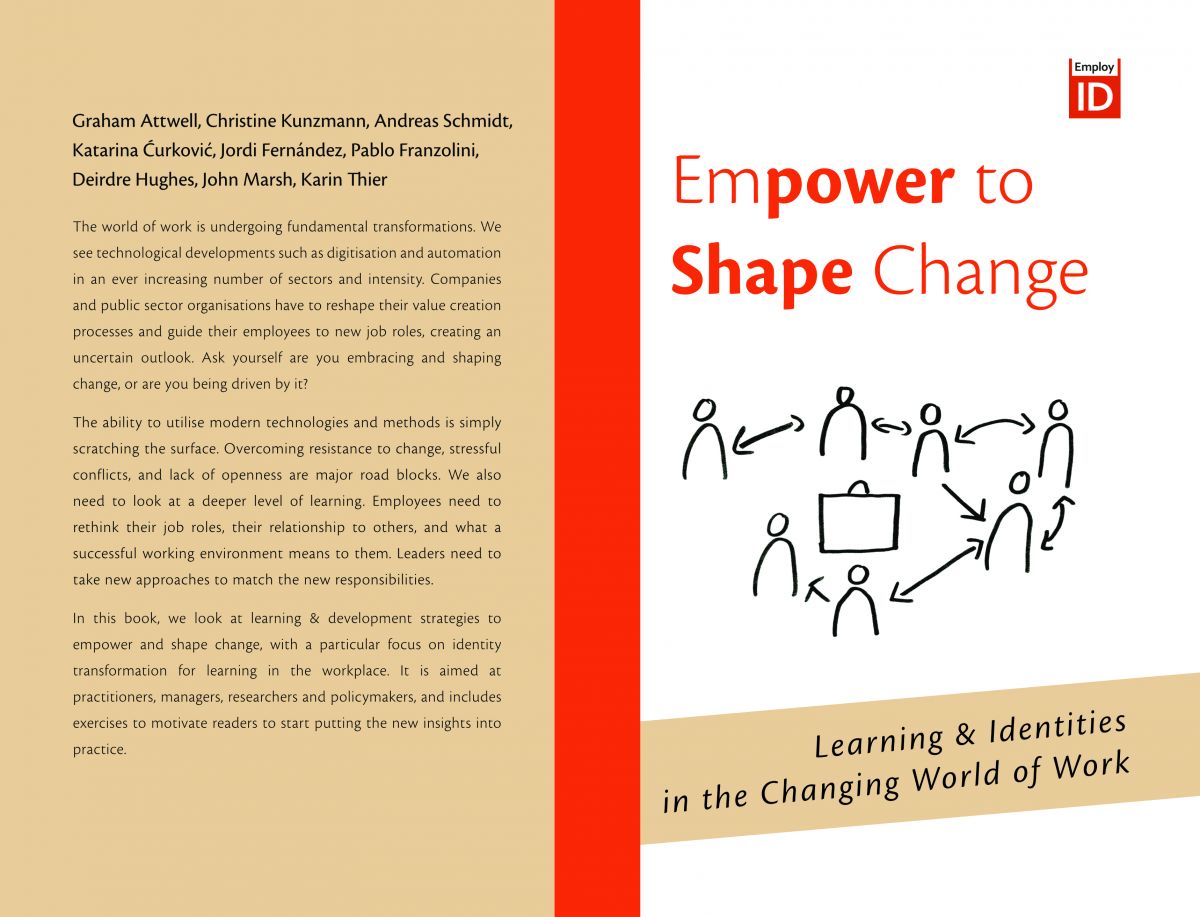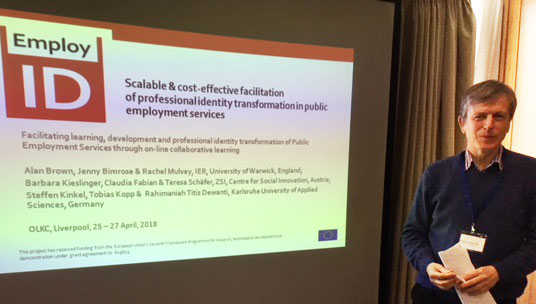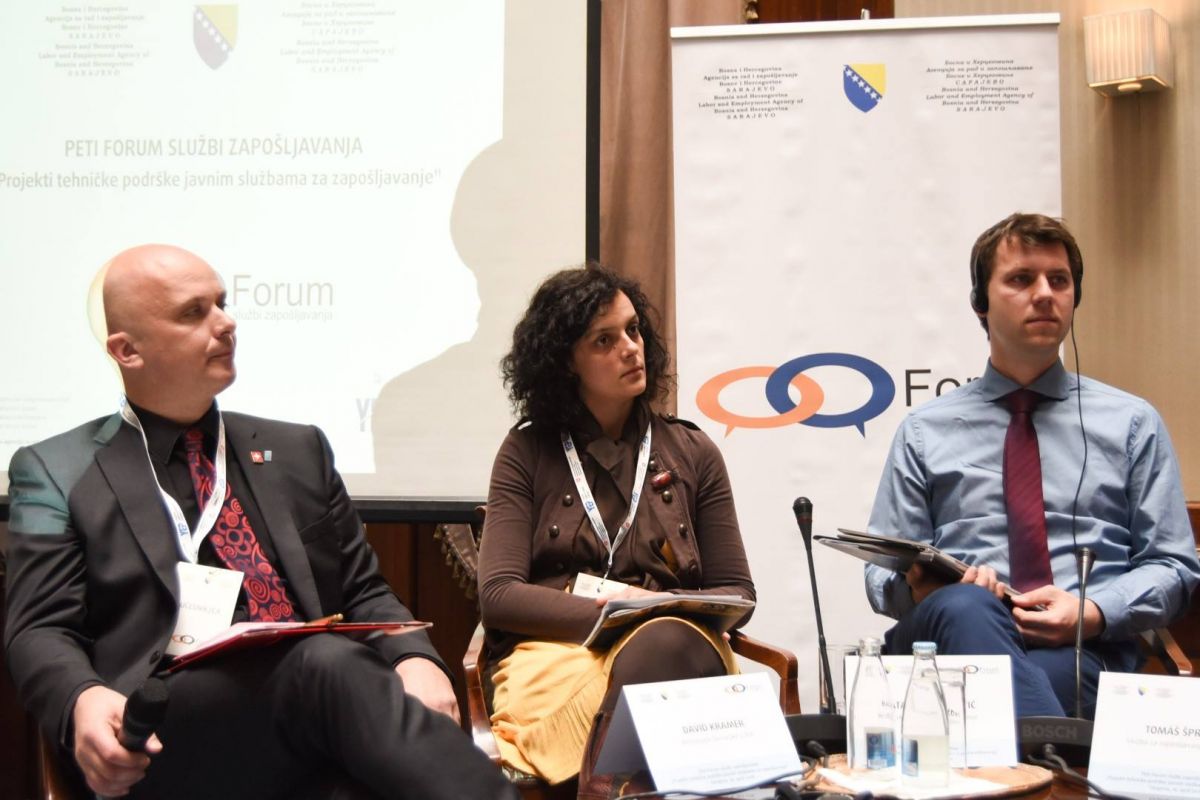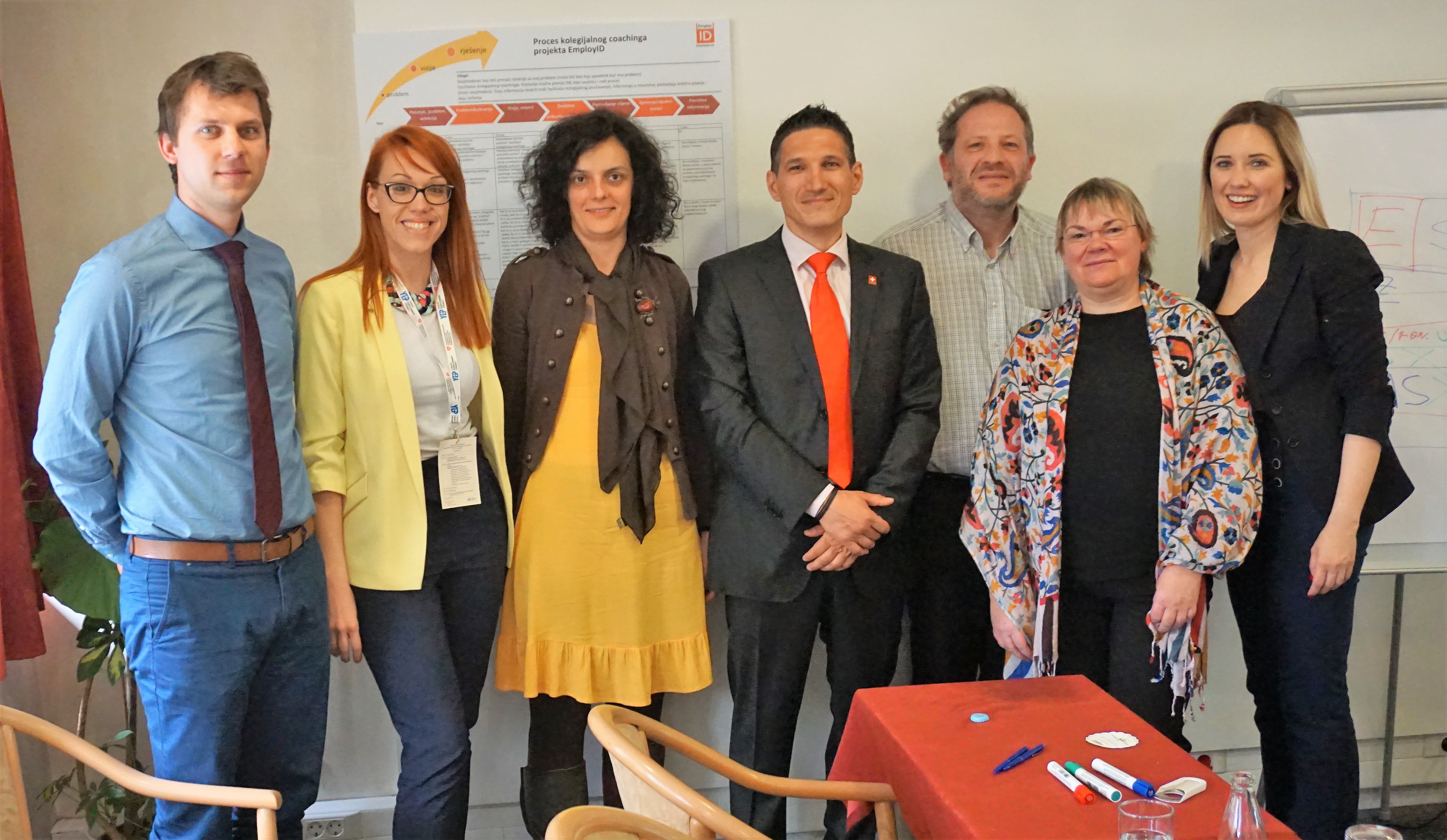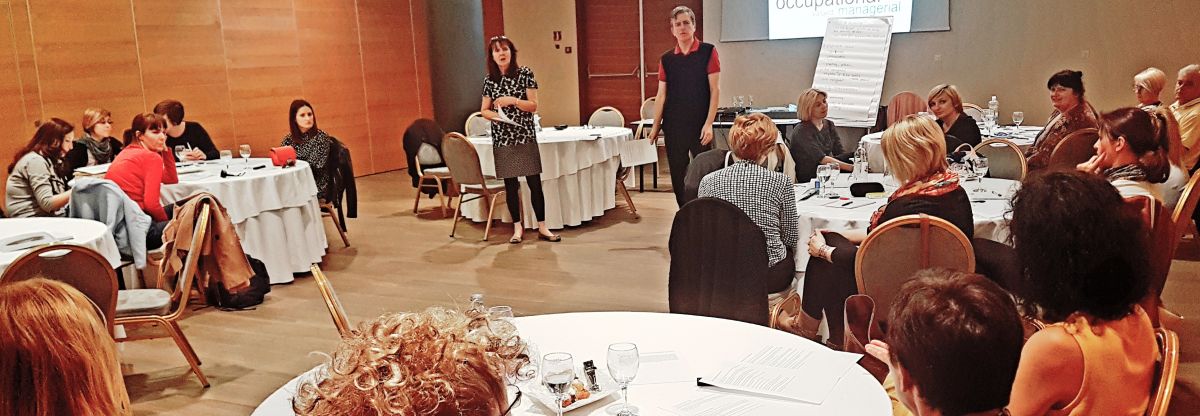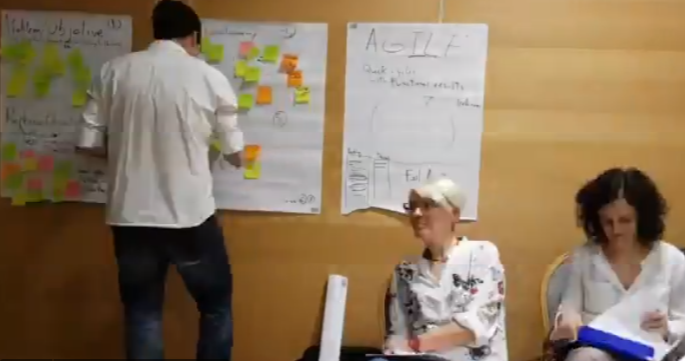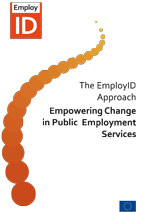Book Available: Empower to Shape Change
The world of work is undergoing fundamental transformations. We see technological developments such as digitization and automation in an ever-increasing number of sectors and intensity. Companies and public sector organisations have to reshape their value creation processes and guide their employees to new job roles, creating an uncertain outlook. Are your team members embracing and shaping change, or are they being driven by it?
The ability to utilize modern technologies and methods is just the surface. Overcoming resistance to change, stressful conflicts, and lack of openness are major road blocks. We also need to look at a deeper level of learning. Employees need to rethink their job roles, the relationship to others, and what good work means to them. Leaders need to take new approaches to match the new responsibilities.
This indicates the importance of the professional identity of individuals and occupational groups. Employees are often not given spaces to engage in conversations and transform their identity, to consider the emotional aspects of their work, or to acquire the skills for moving from a problem focus to a solution focus and help each other in their learning process.
In this short book, we look at the role of technology for learning in the workplace to support identity transformation.

